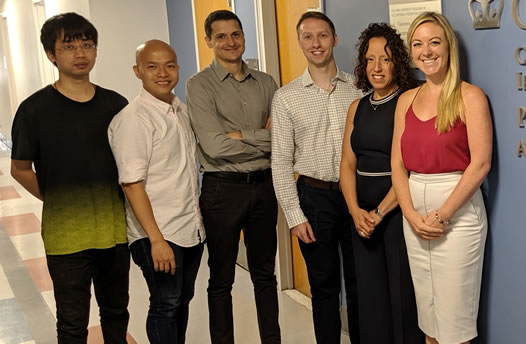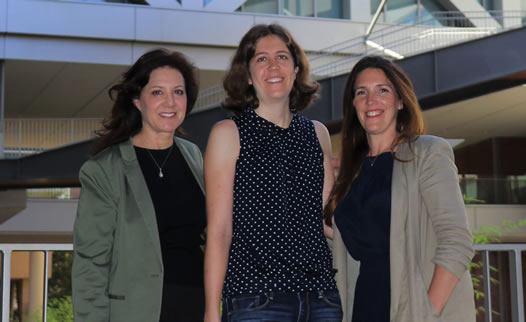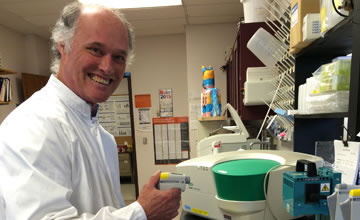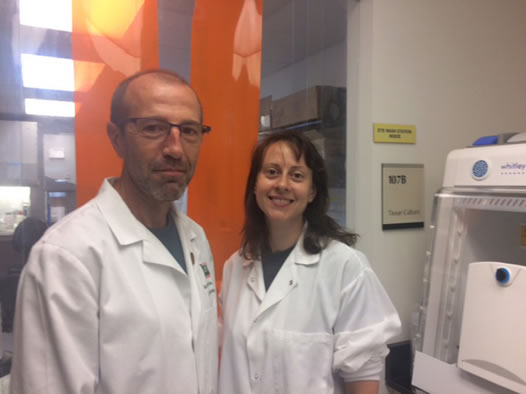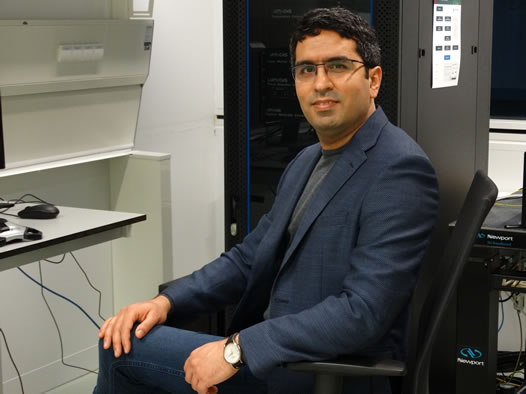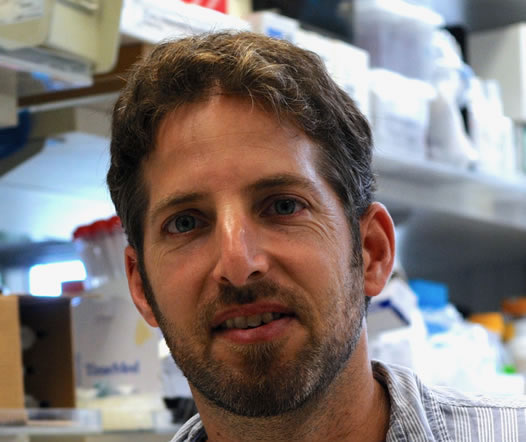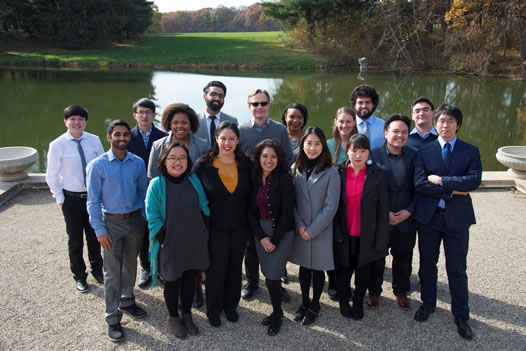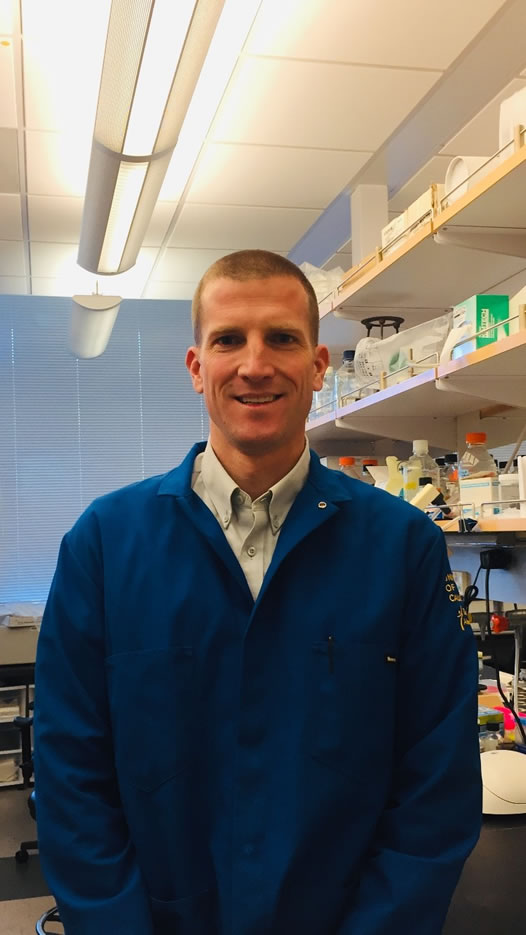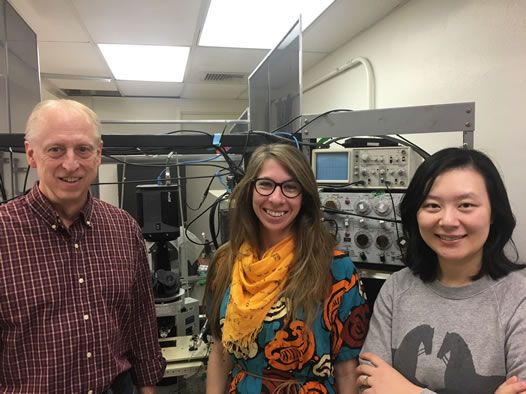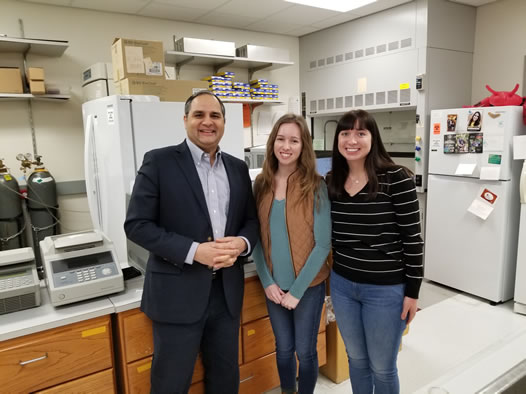MDA Resource Center: We’re Here For You
Our trained specialists are here to provide one-on-one support for every part of your journey. Send a message below or call us at 1-833-ASK-MDA1 (1-833-275-6321). If you live outside the U.S., we may be able to connect you to muscular dystrophy groups in your area, but MDA programs are only available in the U.S.
Grant - Summer 2019 - CMD - Dean Burkin, PhD
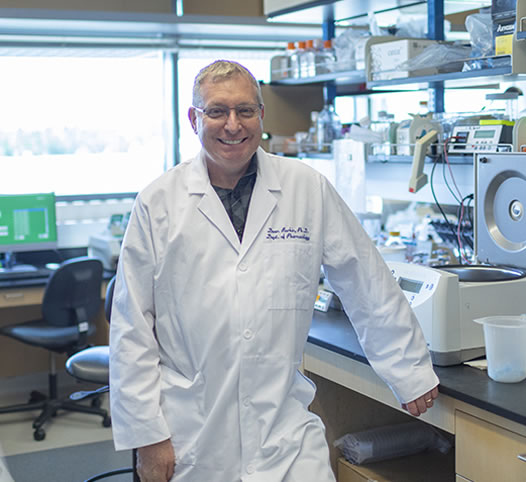
“We hope this laminin-enhancing small molecule will slow muscle pathology and improve muscle strength in a mouse model of laminin-alpha2-related congenital muscular dystrophy. Successful preclinical outcomes from this study will form the basis for potential future clinical trials for patients with this disease.”
Dean Burkin, PhD, professor of Pharmacology at the University of Nevada School of Medicine in Reno, was awarded an MDA research grant totaling $300,000 over three years to study a laminin-enhancing small molecule for treating congenital muscular dystrophy (CMD).
Laminin-alpha2-related congenital muscular dystrophy, also known as merosin-deficient congenital muscular dystrophy (MDC1A), is a muscle disease with no cure or treatment. Children with MDC1A typically die at a young age. MDC1A is caused by mutations in the laminin-alpha2 gene, which lead to a lack of merosin or laminin-211/221 in muscle. Laminin-511 (aka, laminin-alpha5) is another form of laminin found in the muscle of MDC1A patients and is similar in structure and function to laminin-211.
Dr. Burkin has recently identified an FDA-approved small molecule, designated laminin-enhancing small molecule 5 (LEM5), that increases laminin-alpha5 in cultured skeletal muscle cells and improves muscle pathology and function in a mouse model of MDC1A. With this new funding, Dr. Burkin will use a LEM5 analog (a modified version of the FDA-approved drug) to determine optimal dose, safety, and efficacy in reducing symptoms in MDC1A mice.
https://doi.org/10.55762/pc.gr.87345
Grantee: CMD - Dean Burkin, PhD
Grant type: Research Grant
Award total:
Institution:
Country:


